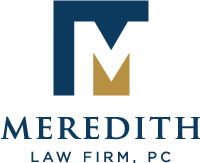Due to our aging population, more and more people are suffering from some level of forgetfulness or dementia. Often, there is not an actual diagnosis by a physician, but the spouse or child of the person begins to notice that their loved one may at times seem confused, or forget something that was once well known.
If you are beginning to see signs of confusion, forgetfulness, or dementia in a loved one, you may want to start thinking about what legal documents you, or your loved one, may need.
Here is a short action list for you to consider.
1. Find the Will (or Trust), Durable Power of Attorney, Healthcare Power of Attorney, HIPAA Authorization, and Living Will of your loved one. Once you have located these documents, I suggest you read over them and make sure they are up to date and that you, or the one who will be providing care, are named as the agent(s) on these documents. It may be necessary to make some changes to who has been named as an agent. If these documents do not exist proceed to step 2.
2. If the documents in step 1 do not exist, or they are in need of an update, you should speak to a qualified estate planning attorney so they can provide counsel and draft these documents for you.
Most likely, these documents will be sufficient to avoid a costly and time consuming court appointed guardianship. A guardianship is a court procedure where someone is named by the court to serve as the Guardian of one’s Estate, and if needed, Guardian of one’s person. If possible you will want to avoid the guardianship process all together, and the documents discussed here should allow you to do just that.
